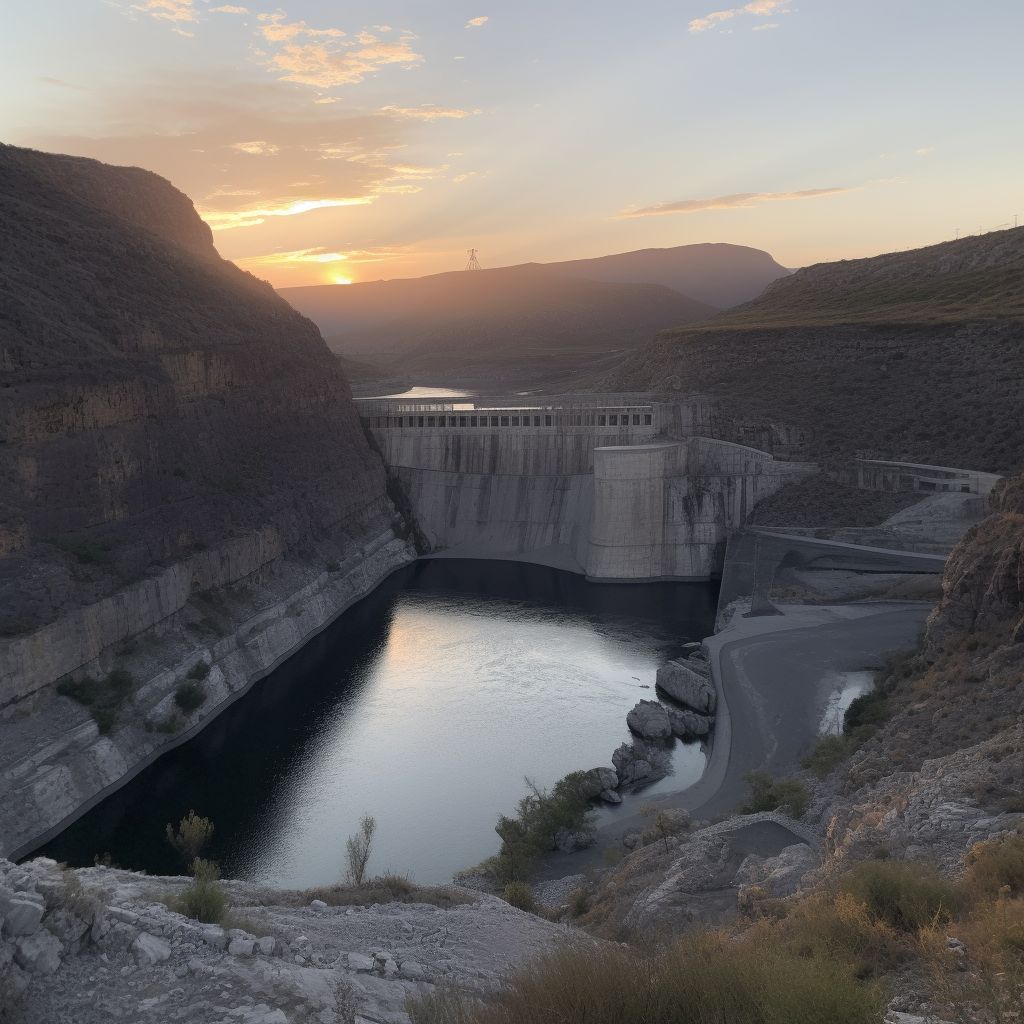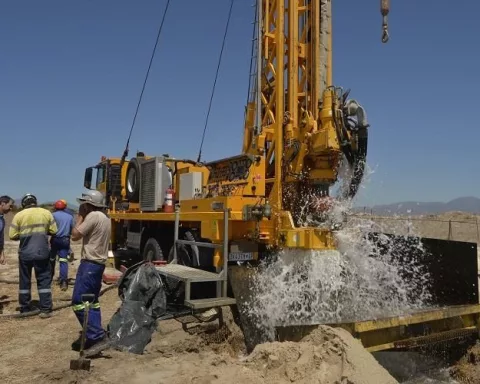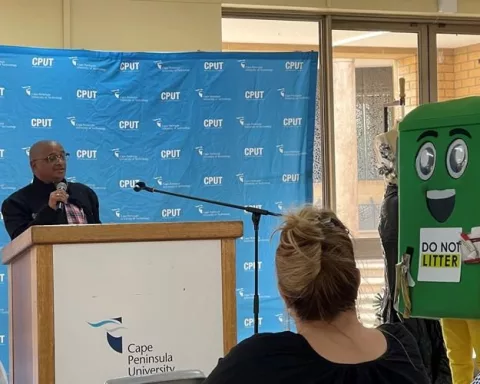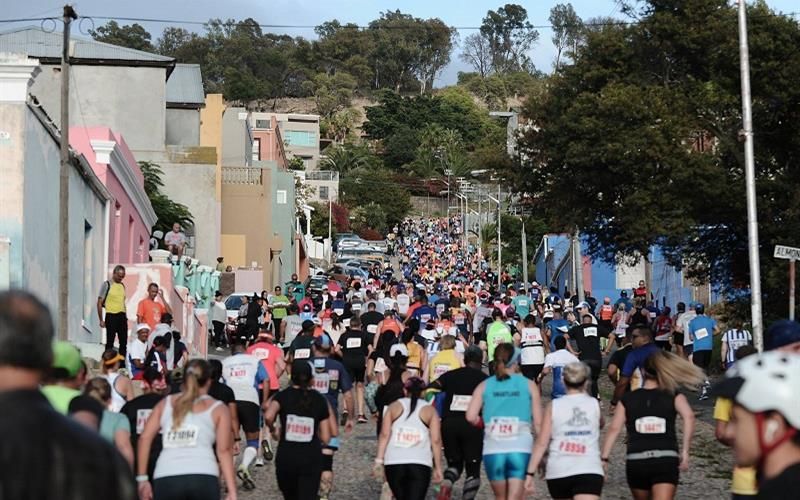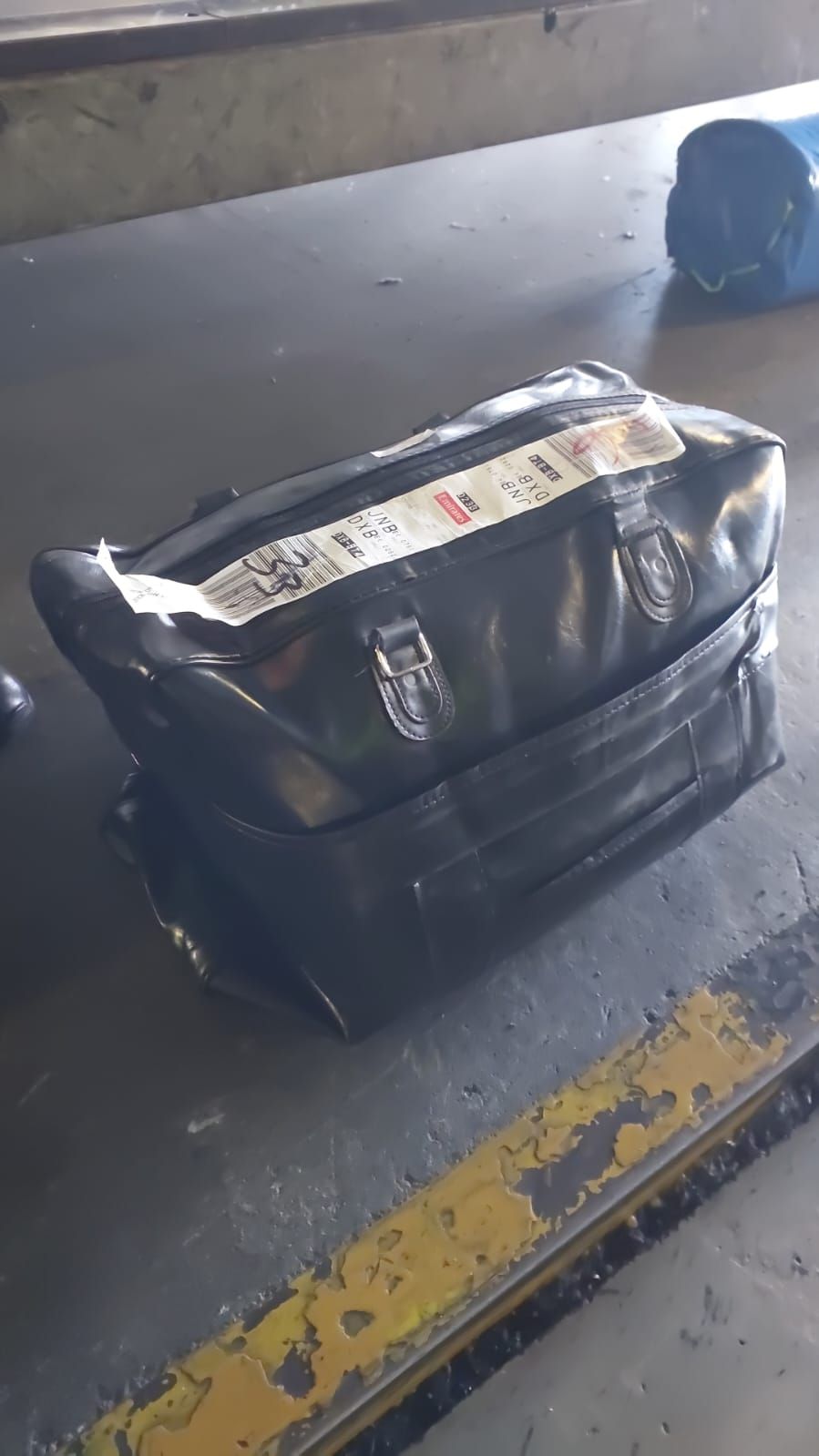The Lesotho Highlands Water Project is a crucial infrastructure project in Africa that has provided significant benefits to both Lesotho and South Africa. The project has brought together the water resources of the highlands of Lesotho with the water needs of the economically powerful Gauteng Province in South Africa.
Phase 2: Strengthening Existing Water Transfer and Generating Hydroelectric Power
Phase 2 of the project is expected to strengthen the existing water transfer system from the Orange-Senqu River to the Vaal River System, ensuring water security for provinces of Gauteng, the Free State, the Northern Cape, and the North West. Additionally, the project will generate hydroelectric power for Lesotho and contribute significantly to the country’s economic development.
Benefits to Lesotho and South Africa
The Lesotho Highlands Water Project is expected to create job opportunities for the people of Lesotho and South Africa and promote skills development in the region. The launch of Phase 2 is a significant milestone that reaffirms the strong bilateral relations between Lesotho and South Africa.
Regional Collaboration and Addressing Common Challenges
The project highlights the importance of regional collaboration and the need to work together to address common challenges facing the Southern African Development Community (SADC) region.
Prioritizing Maintenance and Sustainability
The success of the project depends on the commitment of both governments to ensure that it is completed on time and within budget. It is also crucial that both countries prioritize the maintenance and sustainability of the infrastructure to ensure that it continues to provide benefits to future generations.
The launch of Phase 2 of the Lesotho Highlands Water Project is an excellent example of how regional collaboration can lead to significant economic and social benefits. The project is expected to provide water security, generate hydroelectric power, create job opportunities, and promote skills development in Lesotho and South Africa. It is crucial that both governments work together to ensure the project’s success and the sustainability of its infrastructure for future generations.

